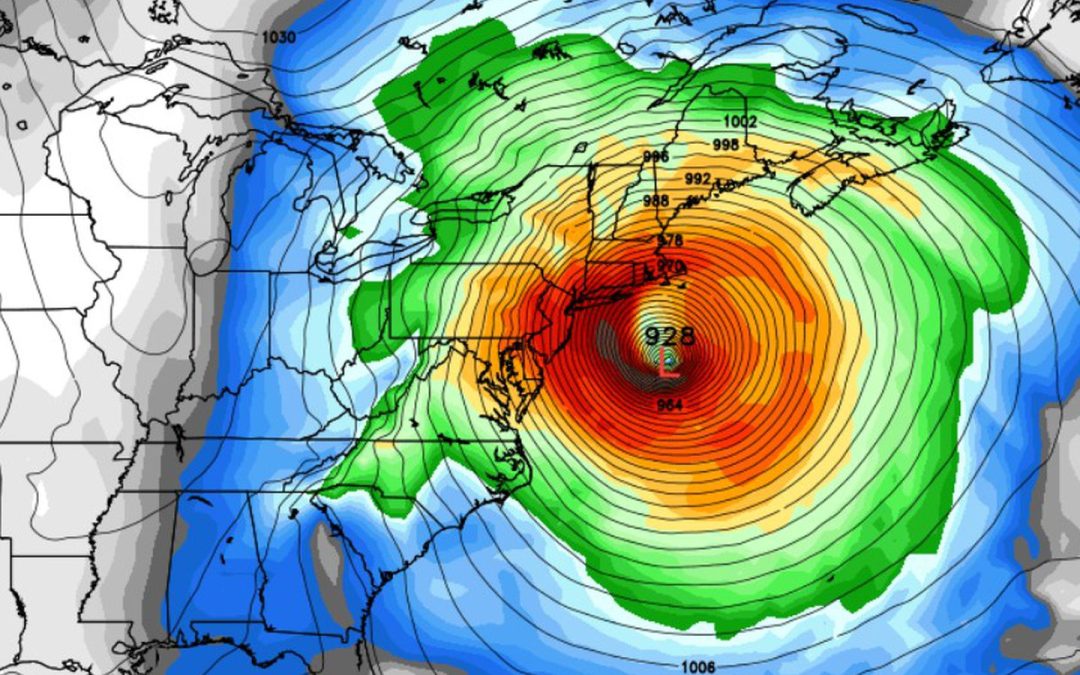Fresh Insights Into NOAA’s New Weather Models Evaluations: Why It Matters to Everyone
I am a total weather nerd who loves discussing weather computer model updates. It’s a privilege to be a member of NOAA’s Model Evaluating Group, and we just ended a call with important updates on more accurate forecasts.
When it comes to weather, we all think about it daily—deciding what to wear, planning outdoor activities, or preparing for severe storms. But behind every weather forecast lies a sophisticated process powered by advanced computer models. One such effort, NOAA’s Rapid Refresh Forecast System (RRFS), is constantly evaluated to ensure it delivers the best, most accurate forecasts possible.
Let’s break it down in an easy-to-understand way and explain why these developments should matter to you.
What’s Happening Behind the Weather Forecasts?
NOAA, the National Oceanic and Atmospheric Administration, runs complex weather prediction models. These models gather tons of data—like temperatures, winds, and rainfall—and use supercomputers to simulate the weather. Recently, NOAA has been evaluating its Rapid Refresh Forecast System (RRFS), a newer model designed to improve short-term weather forecasts.
But how do we know if these models are performing their best? That’s where NOAA’s Model Evaluation Group steps in, comparing predictions with real-world weather to see what’s working and needs improvement.
What Did NOAA Discover About the RRFS?
- Some Forecast Cycles Are Better Than Others: The model performs well at certain times of the day, especially the 12z cycle, but it struggles to provide consistent results at other times. This means we can’t entirely rely on it to predict weather far in advance.
- Rain Patterns Can Be Misleading: The model sometimes spreads light rain across a larger area instead of forecasting concentrated heavy rain during storms. This could make it harder to predict localized flash floods, which are critical for safety.
- Missed Severe Storms: The RRFS sometimes misses big weather events, like intense overnight storms, which can be dangerous. Fixing this is essential to better-protecting communities.
- Rainfall Prediction Needs Tuning: The model is still figuring out how to balance light rain with extreme precipitation events. For example, it struggles with capturing powerful storms like Mesoscale Convective Systems (MCSs) that can quickly dump a lot of rain.
Why Should You Care About These Findings?
You may not think about weather models in your everyday life, but they affect you more than you realize. Here’s why you should care:
- Public Safety: Knowing when heavy rain or severe storms are coming helps local officials issue warnings and keep people safe. An accurate forecast can save lives.
- Planning and Productivity: Farmers, airline pilots, and city planners depend on weather forecasts to do their jobs well. Better models mean fewer disruptions for everyone.
- Your Wallet: From flooding damage to higher food prices caused by droughts, inaccurate forecasts can have real economic impacts. The best models help us prepare and save money.
What’s Next for NOAA?
The good news is that NOAA is constantly improving its models. By fixing issues like inconsistent performance and missed storm predictions, the RRFS has the potential to become one of the best tools for forecasting severe weather. Scientists are also exploring advanced technologies, like artificial intelligence (AI), to help make forecasts even more accurate.
How You Benefit From Better Weather Models
The weather affects everyone. Whether planning a weekend picnic, running a business, or preparing for a hurricane, accurate forecasts make life easier—and safer. By fine-tuning tools like the RRFS, NOAA is working to deliver the best weather insights possible.

